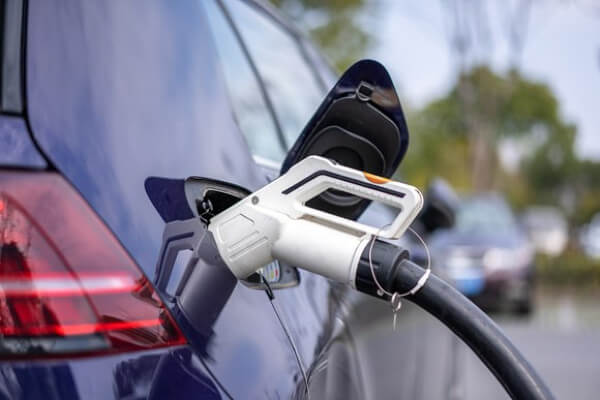A Vision for Electric Vehicle Charging in Hertfordshire

Hertfordshire County Council, working with district & borough councils and other key stakeholders in both the private and public sectors, has published its strategy for supporting and enabling Electric Vehicle (EV) charging infrastructure within the county.
The strategy sets out a plan to provide more chargepoints so residents and businesses will be able to recharge their electric vehicles conveniently and appropriately in the future. It’s forecast that by 2030, a minimum of 3,000 public chargepoints will be needed in the county, a six-fold increase on current levels. Around half of these are anticipated to be provided in locations such as workplaces, supermarkets and forecourts, with public authorities providing the rest.
There is significant potential for more chargepoints in car parks, with over 26,000 parking spaces available in 400 car parks and this is the preferred first option for council provided charging. These will allow residents the opportunity to charge their vehicles in a number of easily accessible locations across the county. Other off street options on publicly owned land will also be looked at. Where off street options are unavailable and there are gaps in chargepoint provision, the potential for on street charging will be considered.
Phil Bibby, Executive Member for Highways and Transport, Hertfordshire County Council said: ‘Electric vehicles represent a transformative technology which have the potential to play a vital role in helping meet local and national targets and decarbonise the transport sector. The widespread adoption of EVs hinges on the availability of a robust charging network that is accessible, reliable, and capable of meeting the diverse needs of EV owners across the county. Our electric vehicle charging strategy serves as a roadmap for facilitating the transition to an electrified transportation network.
‘Hertfordshire County Council declared a climate emergency in 2019 and have set ambitious targets to help reduce carbon emissions and transition towards a low-carbon economy. Together we must embrace innovative solutions that reduce greenhouse gas emissions and minimise our reliance on fossil fuels to create a cleaner, greener and healthier future.’
In March 2023, central government updated their funding approach to support EV charging infrastructure. The Local EV Infrastructure Fund (LEVI) has provided £720,000 to support the resources required to roll out EV infrastructure over the next few years. In addition, the county council have also been allocated an indicative £6,015,000 capital funding to help fund the implementation of EV charging infrastructure across the county. In partnership with districts and boroughs we now need to complete a business case to access this funding.
